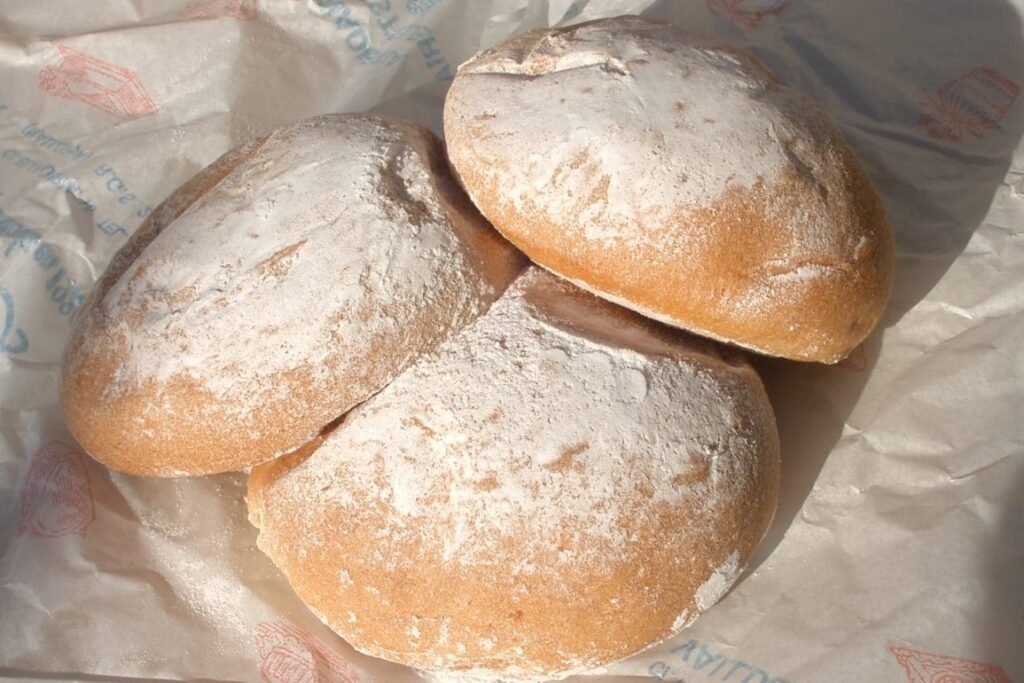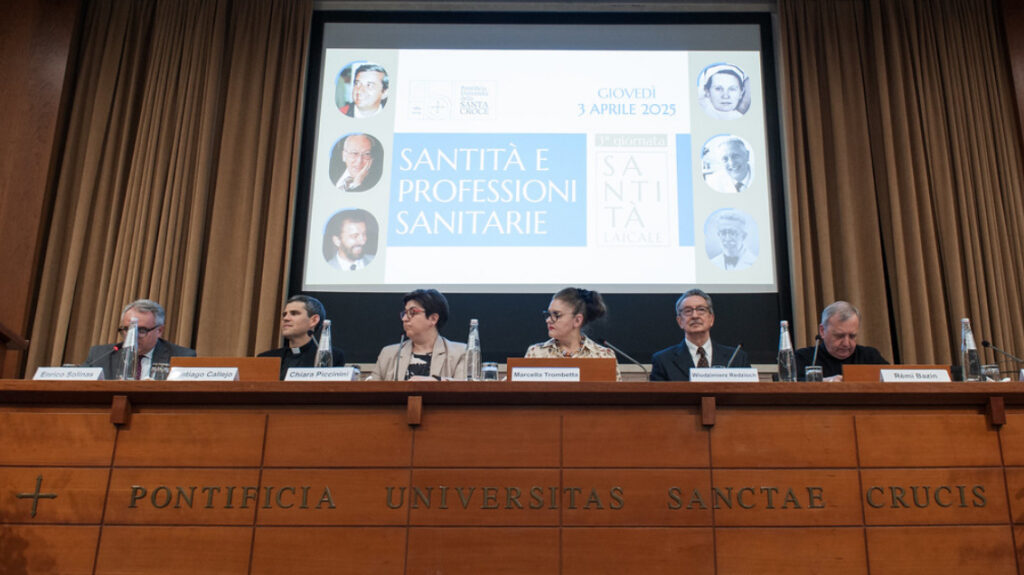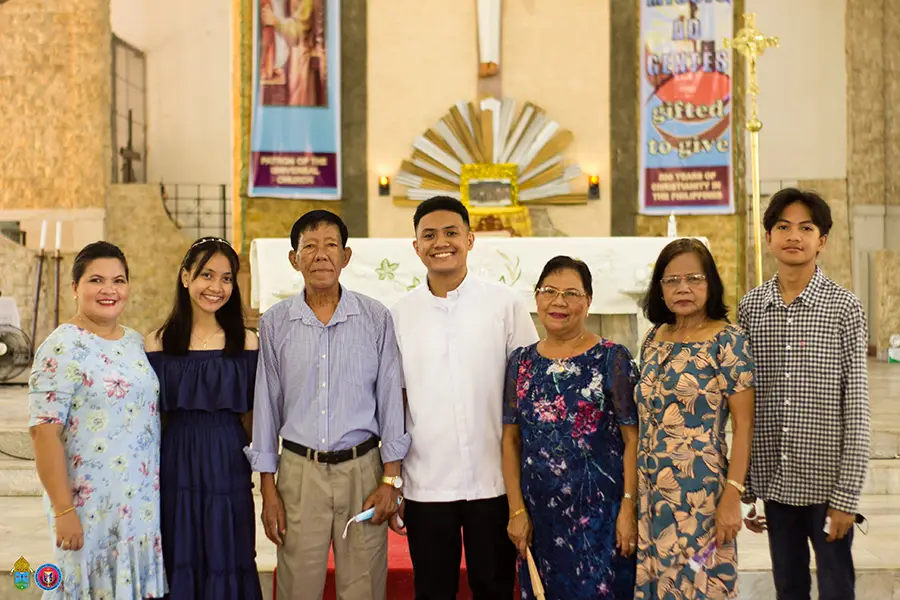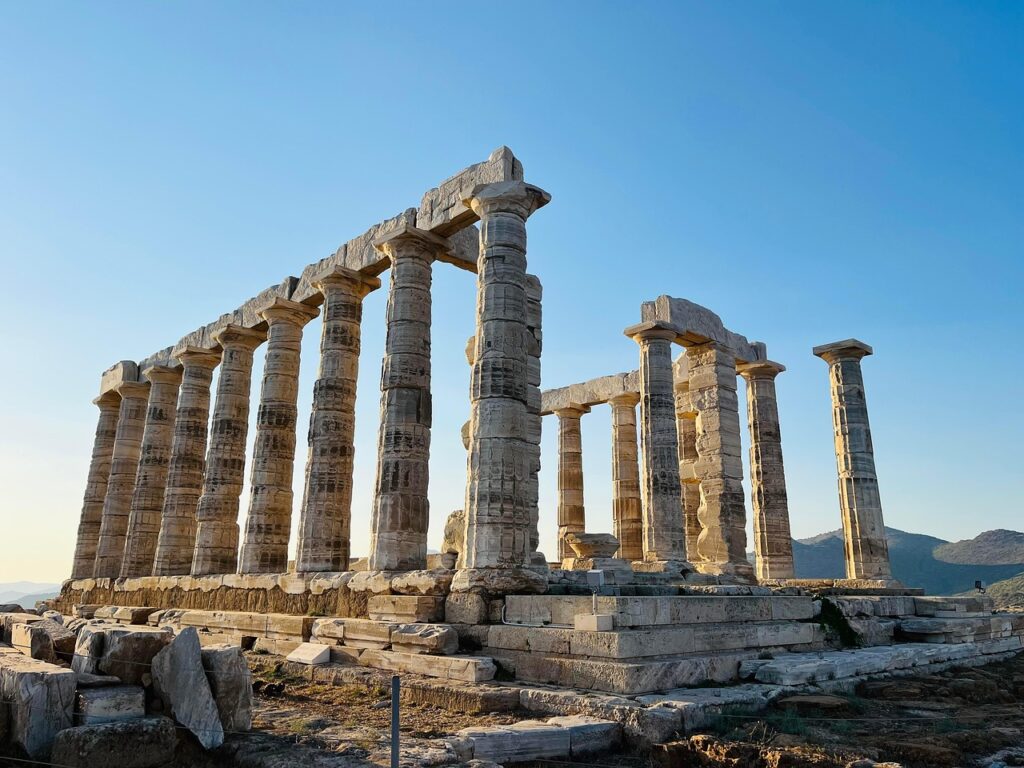Reflection by Monsignor Enrique Díaz: Sharing
XVII Ordinary Sunday

Monsignor Enrique Díaz Díaz shares with the readers of Exaudi his reflection on the Gospel of this Sunday, July 28, 2024, entitled: “Sharing”.
***
II Kings 4, 42-44: “They will eat and still have some leftover”
Psalm 144: “I will bless the Lord forever”
Ephesians 4, 1-6: “One body, one Lord, one faith, one baptism”
Saint John 6, 1-15: “Jesus distributed the bread to those who were seated until they were satisfied”
Saint Mark had been accompanying us during the past Sundays in our weekly encounter with Christ. From today and for five Sundays, it will be St. John who introduces Jesus to us and brings us closer to Him. St. John likes to offer us signs or signals so that we can find the way to Jesus. The multiplication of the loaves is one of the seven signs that he presents to us. The more important a path is, the clearer the signs we need to follow it. In his sixth chapter, St. John offers us the fourth sign: the multiplication of the loaves, but a sign that implies many very important indications for discovering the Kingdom of God: discovering the need of one’s brother, sharing the bread, feeding on the True Bread, remaining with Jesus. During these Sundays, we will reflect on each of these signs. Today we begin with the narration of the “miracle” that already contains a great lesson.
The first indication that Jesus gives to the disciples is to look beyond their own need and discover the need of their brother. The current scandalous crisis exposes our primitive ways of acting. Just as in a fire or a stampede, each person tries to save himself without looking to see if he knocks down, steps on or hinders others. We have gotten it into our heads that we cannot lose the privileges, comforts and security that we have already achieved, even though more than a third of humanity continues to suffer extreme hunger. We fight not to reduce our “standard of living,” even if to do so we have to end the little life that remains for others. It is incomprehensible that in our country ninety percent of the population is in misery, but that a few hoards and have much more in the midst of a crisis! Hunger is not a question of a lack of food, it is a question of a lack of love. We could give here all the chilling data and figures of the death, malnutrition and poverty of millions of people, and remain calmly indifferent, or perhaps hide them and disguise them so that they do not cause us concern. The first sign that Christ gives us in his following is to discover the brother in need.
As soon as we perceive the gravity of the problem, like Philip or Andrew, we shrug our shoulders, feel helpless and resolve to do nothing. What does my action mean? Like a drop in the ocean or a grain of sand in the desert. Nothing! This seems to be our justification, but the immensity of the ocean is made up of millions of tiny drops and the greatness of the desert is made up of endless imperceptible sands. It is true, I am only a grain of sand, but I am capable of thinking, loving and sharing. I have responsibility in my community and in the whole world; great constructions are made from small grains of sand. Andrew sees the problem only from the economic side, and the gravity of the problem is more in the heart. The problem of hunger and malnutrition worsens when it is approached as a purely technical and economic problem. A solution will only be achieved if we succeed, above all, in transforming social structures, in such a way that the majority participates directly in the construction of a fraternal system, of a community where we can all live as children of God. The miracle of Jesus is in his power, but also in the generosity of someone who gives everything he has, even if it seems as miserable as five loaves and two fish for thousands of people. It is the miracle of love.
“Tell the people to sit down” is Jesus’ instruction, and it leads us to think of a common table where everyone sits at the table, at a common banquet, where Christ is going to serve. It is not alms or crumbs of leftovers that Jesus offers. It is the dignity of coming to the same table, it is the pride of those who eat the same bread, it is feeling welcomed, brother and friend, taking the same bite. Only in this way will they feel they have the same dignity. It is insulting the way in which the great nations offer crumbs to third world peoples after they have taken advantage of the resources of their territories and “give” them aid that often sinks them further. This also happens among individuals. Hunger causes many victims among so many Lazaruses, who are not allowed to sit at the table of the rich glutton. Feeding the hungry and making them feel like people, with all dignity, is an imperative for every follower of Jesus; indeed, it is an obligation of every human person. In the age of globalization, eliminating world hunger has become a goal to be achieved in order to safeguard peace and stability on the planet. The only way to transmit the Gospel and speak of God’s love is to share food and food with those most in need.
In his Letter to the Ephesians (4:1-6), St. Paul gives us the true reason for seeking to have a common table: “There is one body and one Spirit… one Lord… one God and Father of all.” The ultimate reason for sharing and putting the much or the little that we are into this great struggle is this: we have a common Father. May our reflection on this day lead us to listen to the words of Jesus that make us discover the hunger and need of our brothers and sisters and encourage us to put forth our best effort, even if our contributions are very poor and minimal. If we want to fully live the Eucharist, we need to divide this True Bread with our suffering brothers and sisters.
Holy and almighty Father, protector of those who trust in you, have mercy on us and teach us to use the goods of the earth wisely, so that we may share the banquet of life with all our brothers. Amen.
Related

“Highway to Heaven” Arrives in Rome: Carlo Acutis’ Musical Evangelizes with Art and Heart
Exaudi Staff
09 April, 2025
2 min

University of the Holy Cross: A Day on Lay Holiness
Wlodzimierz Redzioch
08 April, 2025
3 min

“Spain must preserve the faith it once transmitted to us”
Fundación CARF
07 April, 2025
7 min

He who is without sin, let him cast the first stone: Fr. Jorge Miró
Jorge Miró
06 April, 2025
3 min
 (EN)
(EN)
 (ES)
(ES)
 (IT)
(IT)

